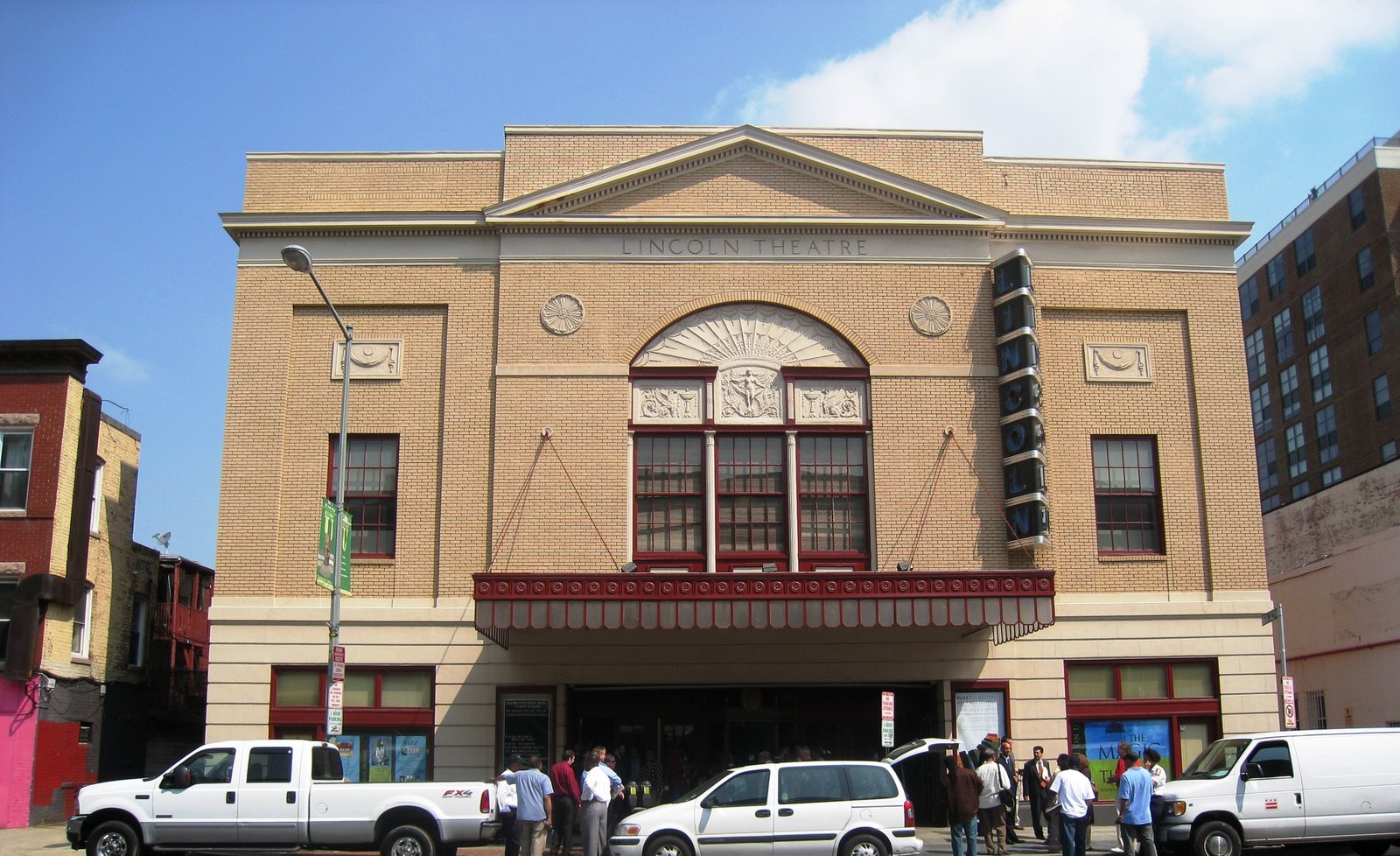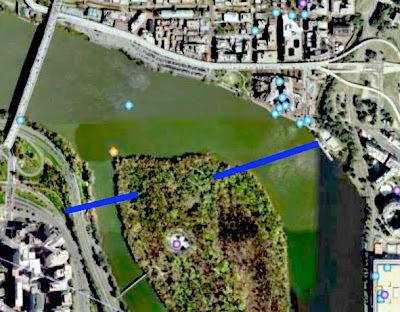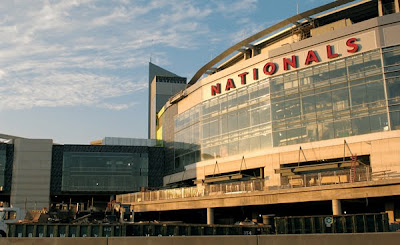 One of the District's oldest property struggles may soon see resolution, ending a dispute that began with a promise by Mayor Walter Washington, DC's first elected mayor. Last week, current Mayor Adrian Fenty signed an agreement saying the District will at long last swap land with Howard University, a deal that will give Howard the property it has eyed since beginning its LeDroit Park Initiative for redevelopment more than a decade ago.
One of the District's oldest property struggles may soon see resolution, ending a dispute that began with a promise by Mayor Walter Washington, DC's first elected mayor. Last week, current Mayor Adrian Fenty signed an agreement saying the District will at long last swap land with Howard University, a deal that will give Howard the property it has eyed since beginning its LeDroit Park Initiative for redevelopment more than a decade ago.This exchange means Howard will receive the former Bond Bread Building at 2146 Georgia Avenue, NW. The lot provides redevelopment space for the long-planned Howard Town Center: 300+ residence units, 70,000+ s.f. of commercial property, a supermarket, and parking. The District will receive in exchange, the site at Florida and Sherman Avenues, and will solicit bids for a mixed-use project to include at least 300 housing units (30 percent affordable). Both Howard University and the District have wanted to complete this seemingly simple exchange but had been foiled by a legal conundrum dating back to Mayor Washington's promise to the Peoples Involvement Corporation (PIC), a 30-year tenant in the Bond Bread Building.
PIC, a federally funded nonprofit focused on community development, was founded in 1968, the year after DC Mayor-Commissioner Walter Washington took office. Washington, who became the first Mayor of the District under home rule, supported PIC, and verbally promised the organization that if it retained tenancy for two decades and made improvements to the property, the District would turn over its ownership of the Bond Bread Building. But, as any first year law student will attest, exchanges of lands do not meet the Statute of Frauds if not in writing.
In relying on the District's promise, PIC renovated the crusty digs, somewhat, and occupied the building for the requisite term. When the District announced its intention to swap the Bond Bread Building with a property belonging to Howard University, the PIC learned that it risked losing what it had seen as a multi-decade investment. The organization sought and received from Mayor Washington a written statement from the former mayor confirming his verbal promise to give away the site. In 2003, to protect its interests, PIC filed a lawsuit with the D.C. Superior Court against the District.
If PIC won its suit, Howard University stood to lose its planned project. The university had already hired Trammell Crow Company’s subsidiary, High Street Residential, and alumna Michelle Hagans to develop the property. The Howard Town Center project had received press coverage from the Washington Business Journal and other local publications as part of its plan to transform the neighborhoods surrounding the university. But Hagans, High Street, the architects, the construction firm, and planned lessees such as Fresh Grocer were now all put on indefinite (or potentially permanent) hold as they waited for the Bread Building dispute to rise.
And rise it did, doubling in size; the District decide to instigate its own suit, and it sued PIC to establish itself as the rightful owner of the property. Legally, Washington’s verbal property promise did not pass muster with the courts. In what would make a picture-perfect law school exam over tenancy rights and verbal promises for land subsequently written, PIC lost both cases, concluding that a Mayor's verbal promises could not be relied upon (duh).
In 2006, the D.C. Council considered the issue, first in a bill sponsored by Councilmember Jack Evans that would have halted the swap, but finally approving the exchange of the Bond Bread Building with Howard University’s 63,400-s.f. property at Sherman and Florida Avenues.
As DCMud reported in June 2007, legislation sponsored by D.C. Councilmember Jim Graham was supposed to get Town Center construction moving that year, with possible completion projected for 2010. Now, almost halfway through 2008, it looks like Howard Town Center may soon get out of its jam and into the Bread Building. The Mayor has said he intends to issue the solicitation for a development partner later this year.


































